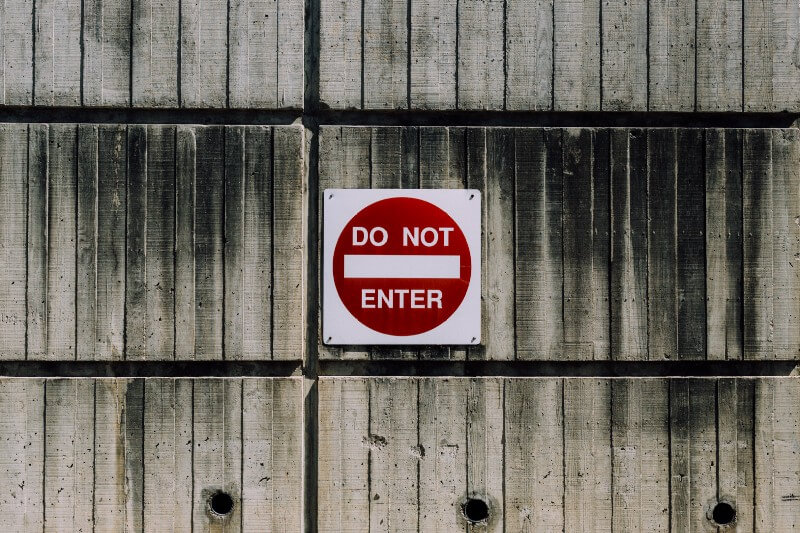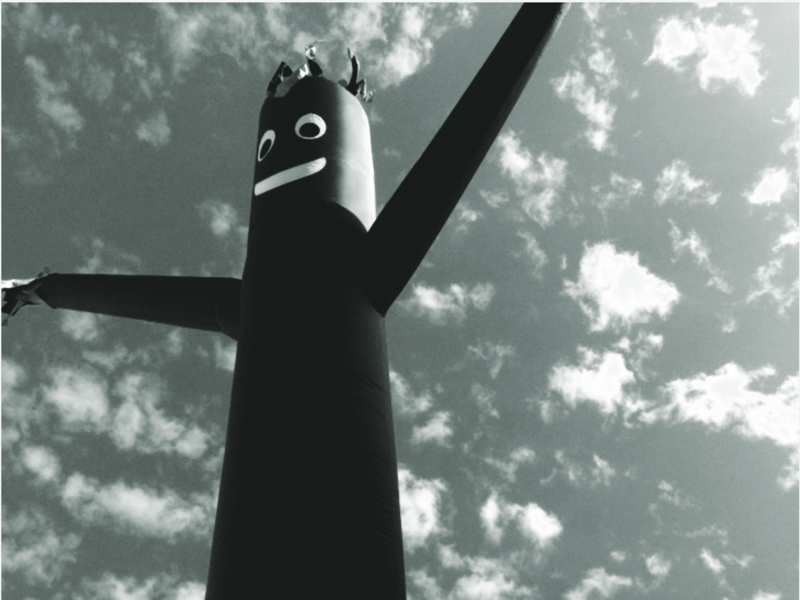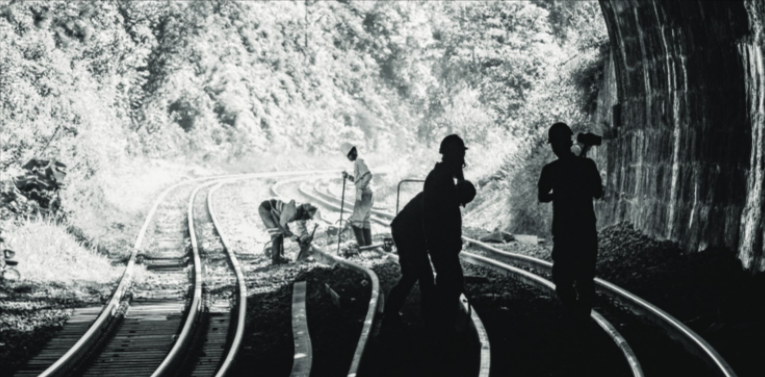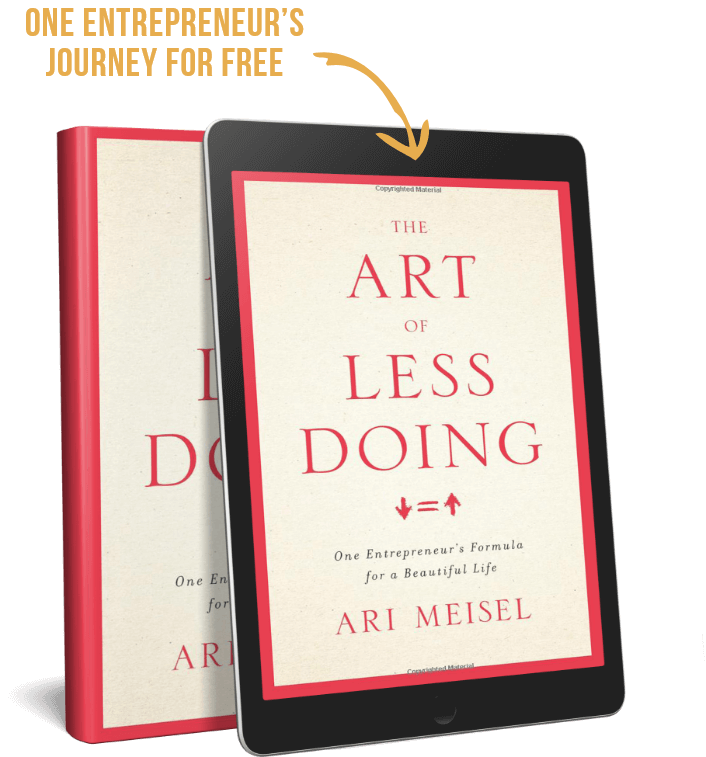Trailblazers, game-changers, paradigm-shifters, or whatever trendy descriptor of the week you want to use, are inherently high-efficiency people. The kind of people who accomplish more in a day than most accomplish in a week. These are the type of people I not only work with but who also populate my team.
My business is innovation; a company where efficiency is more than our unique talent, it is what makes us all happily replaceable. We’re a team of insatiable learners and problem solvers who lean-in and learn fast so we can find the focus, flexibility, and freedom to do what we want when we want.
We also don’t thrive on positive reinforcement.
And hey, turns out that might not be a bad thing.
I learned this lesson well at my old company, a virtual assistant platform.
We did an exercise called Ritual Dissent where we broke up into groups of five. One person in each group had one minute to pitch an idea to improve the company. It was followed by two minutes of feedback from the other four people in that group. The tweaks were that the feedback could only be negative and the person giving the pitch had to wear a mask to depersonalize the feedback.
At the end of the two minutes, the person with the idea rotated to the next group. Once they had pitched and refined their idea through all six groups they pitched their idea to me. The results were astounding. Thirty people were given the chance to pitch ideas after going through five iterations of only negative feedback and the results were astounding.
We got eleven game-changing ideas from the team that we implemented with massive impact.
Once we finished the ritual dissent exercise I decided to “turn the camera on me.” I put on the mask and sat in front of all thirty members of the team and said “Take the next five minutes and only give me negative feedback, no hold barred, no consequences”
It was really scary, and that’s what made it so impactful.
The best piece of feedback I got was that I needed to spend more time teaching people instead of simply providing them with the answer.
Truth.
I’m still working on that, but I also have enormous faith in the people I coach and the people on my team, so when I employ “tough love” on them, the results are usually better than I could have hoped.
I’m learning to teach in a different way. I’m learning that negative support and feedback can be the very best kind if used correctly.
Here’s an example:
Amy, our Creative Director, started with us as a self-professed “neo-Luddite”. She could write solid copy for me but was terrified of the technology we use in our business.
So I would send her tech platforms to use in her work and tell everyone else on the team, not to help her. AT ALL. Initially, this made her even more unsteady, but it worked. She dove in and mastered the subtleties of analytics and simple coding like a boss.
After one such successful exercise, I finally told her, “Amy, people much smarter than you, created these platforms, you couldn’t break anything, I just wanted you to get in there and see what you could do; to take ownership of the discovery instead of having someone hold your hand.”
I knew she was smart, I knew she was curious and I knew she wanted to learn. I just had to establish a constrictive, somewhat negative environment for her to flourish in.
If I had told her all those things before she began, she would not have had the drive to figure it out on her own.
It was kind of like when the good witch tells Dorothy at the end of the Wizard of Oz, that she always had the power to get herself home, and if she had told her any earlier, she wouldn’t have believed her.
Tough conversations need to happen. It’s a good thing because being uncomfortable makes us grow.
Here is some excellent research into the massive benefit of negative reinforcement:
- It may actually lead to greater creativity
- Our brains are wired to respond to negativity faster
- The resistance to giving negative feedback may just be our problem
- Your team actually wants negative feedback




